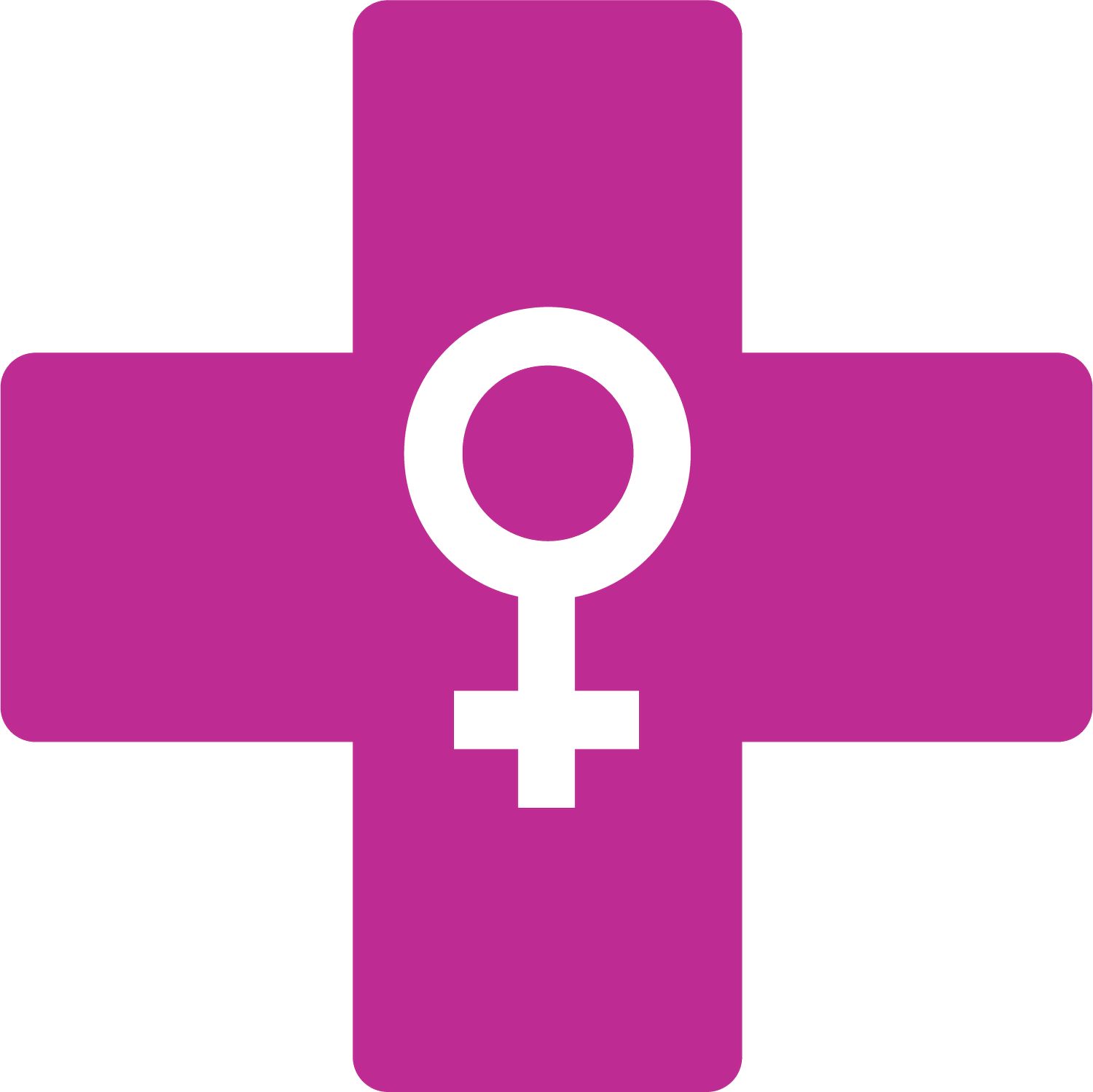Heart Attacks & Women: Know Your Risk, Know the Signs
There’s more and more conversation around a woman’s heart health – and for good reason. While men are twice as likely to have a heart attack compared to women, heart disease is still the leading cause of death among women. And thanks to our busy lives, we may not realize (or want to admit) when we may be experiencing a heart attack.
Signs of heart attack in women
It’s estimated that a heart attack strikes every 43 seconds in the U.S. Getting immediate medical attention is key to increasing your chances of recovering fully from a heart attack.
The first step to getting treatment is to understand the symptoms of a heart attack – and how those signs may differ among women compared to men.
Women are just as likely as men to experience chest pain, tightness or pressure in the chest during a heart attack. Common symptoms also include pain along the arms, back or neck, jaw or stomach.
However, women are more likely to experience more subtle symptoms of a heart attack, such as:
Shortness of breath
Nausea
Back and/or jaw pain
Pain or pressure in the lower chest or upper abdomen
Dizziness
Lightheadedness
Fainting
Extreme fatigue
These symptoms can occur without chest pain or pressure, making it difficult for women to immediately realize they are having a heart attack. If you have any question or concern you may be experiencing a heart attack, call 911 immediately.
Every emergency department doctor, nurse and first responder will tell you the same thing – it’s better to be safe than sorry.
Reduce your risk of heart attack and heart disease
A healthy lifestyle – one that includes regular physical activity and a healthy diet – can help reduce your risk of developing heart disease. You can also take other steps to improve your heart health, including:
Schedule an annual wellness appointment with your physician. This appointment gives you the opportunity to talk with your doctor about any health concerns. Your doctor will take your blood pressure and order a complete blood count (CBC) panel to check your cholesterol levels, blood glucose levels and other markers that may indicate your risk of heart attack and other chronic conditions.
Quit smoking. The American Heart Association estimates that after just one year of quitting smoking, you can reduce your risk of heart disease by 50 percent; after five years, the risk is similar to that of a nonsmoker.
If you’re worried about your heart health, and your personal risk of heart attack, contact us today. One of our providers can sit down with you to discuss your lifestyle, health, family history and steps you can take to reduce your risk of heart attack.


